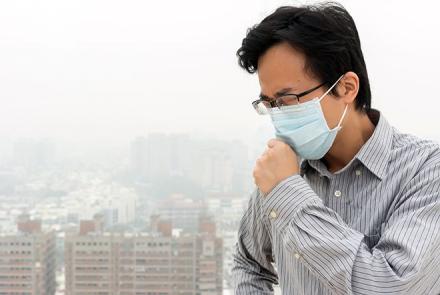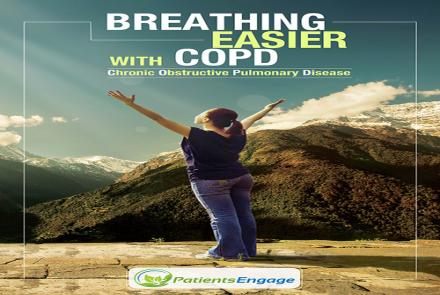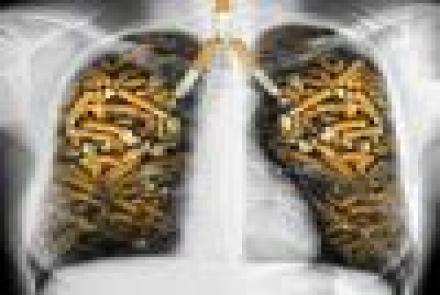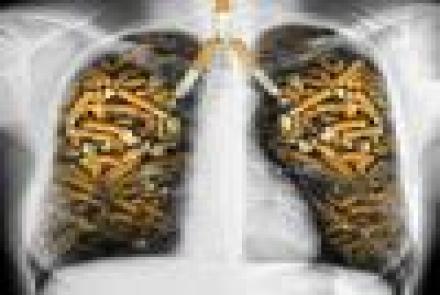Interstitial lung disease (ILD) is an umbrella term used for a large group of diseases that cause scarring (fibrosis) of the lungs. It affects millions of people globally. It is a serious condition that impacts mortality and quality of life of people affected by it.
ILD is different from COPD (Chronic Obstructive Pulmonary Disease)

Here are some of the common symptoms of ILD or Interstitial Lung Disease:
- Dry Cough- A hacking cough with no production of phlegm. If the cough persists for 3 or more weeks, and is accompanied by blood and/or yellowish or greenish phlegm, one should see a doctor and have them check it out.
- Shortness of breath that worsens on physical exertion or exercise
- Extreme Fatigue- unusual tiredness even on routine day-to-day activities.
- Discomfort in chest- It may present as tightness in chest, pain or band like sensation.
- Loss of appetite
- Unexplained weight loss
Changed
21/Apr/2025
Community
Condition

















